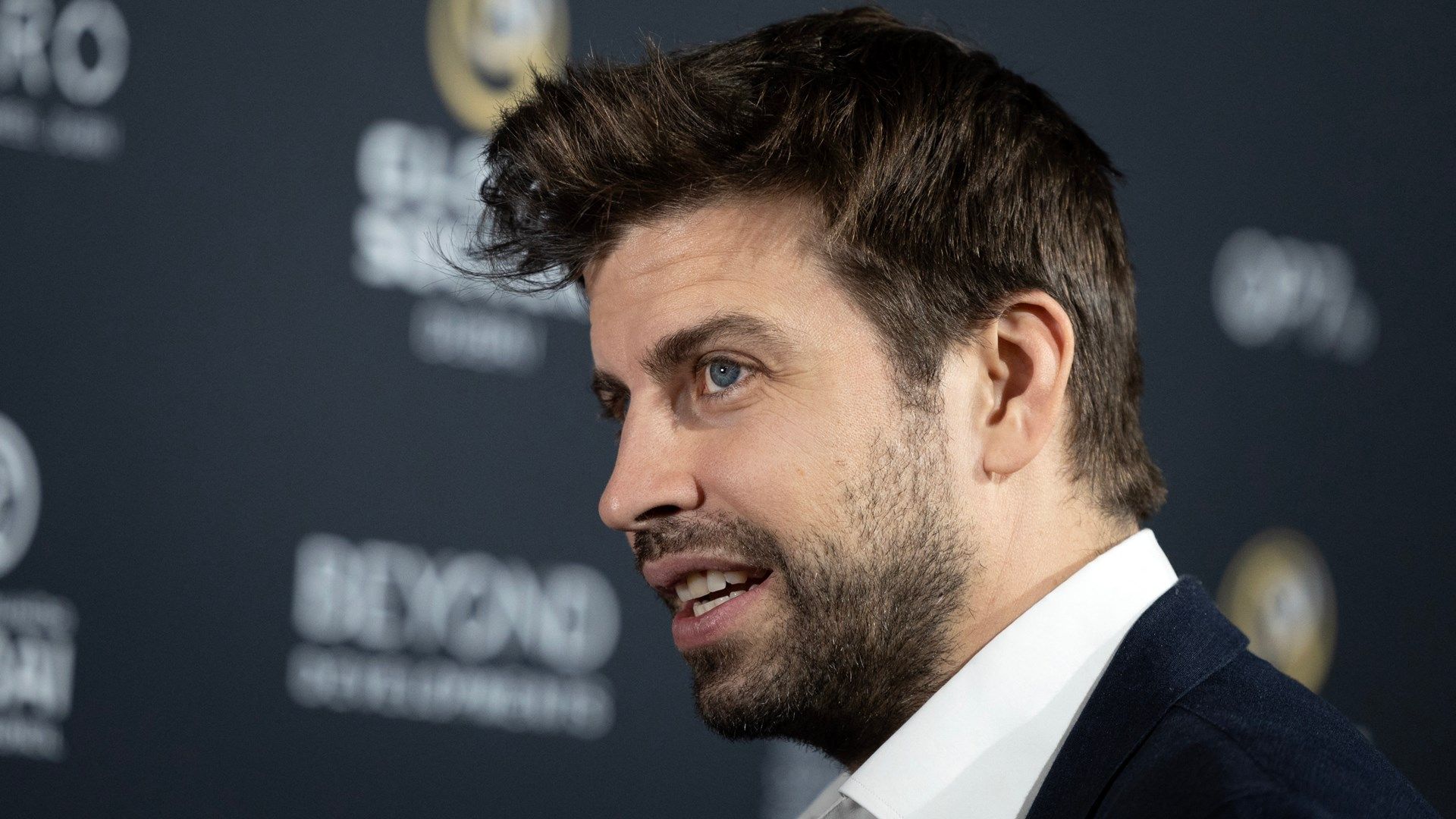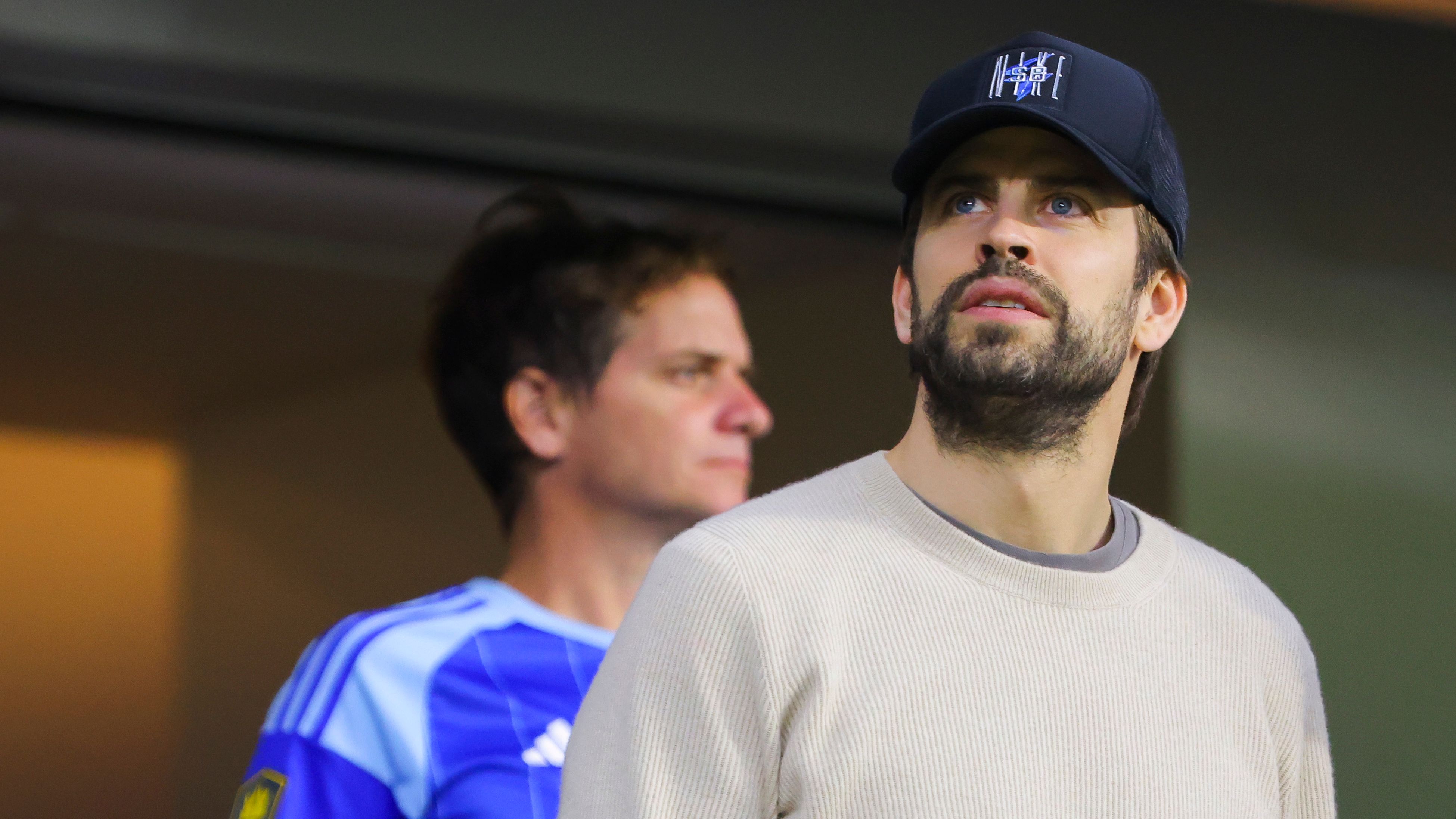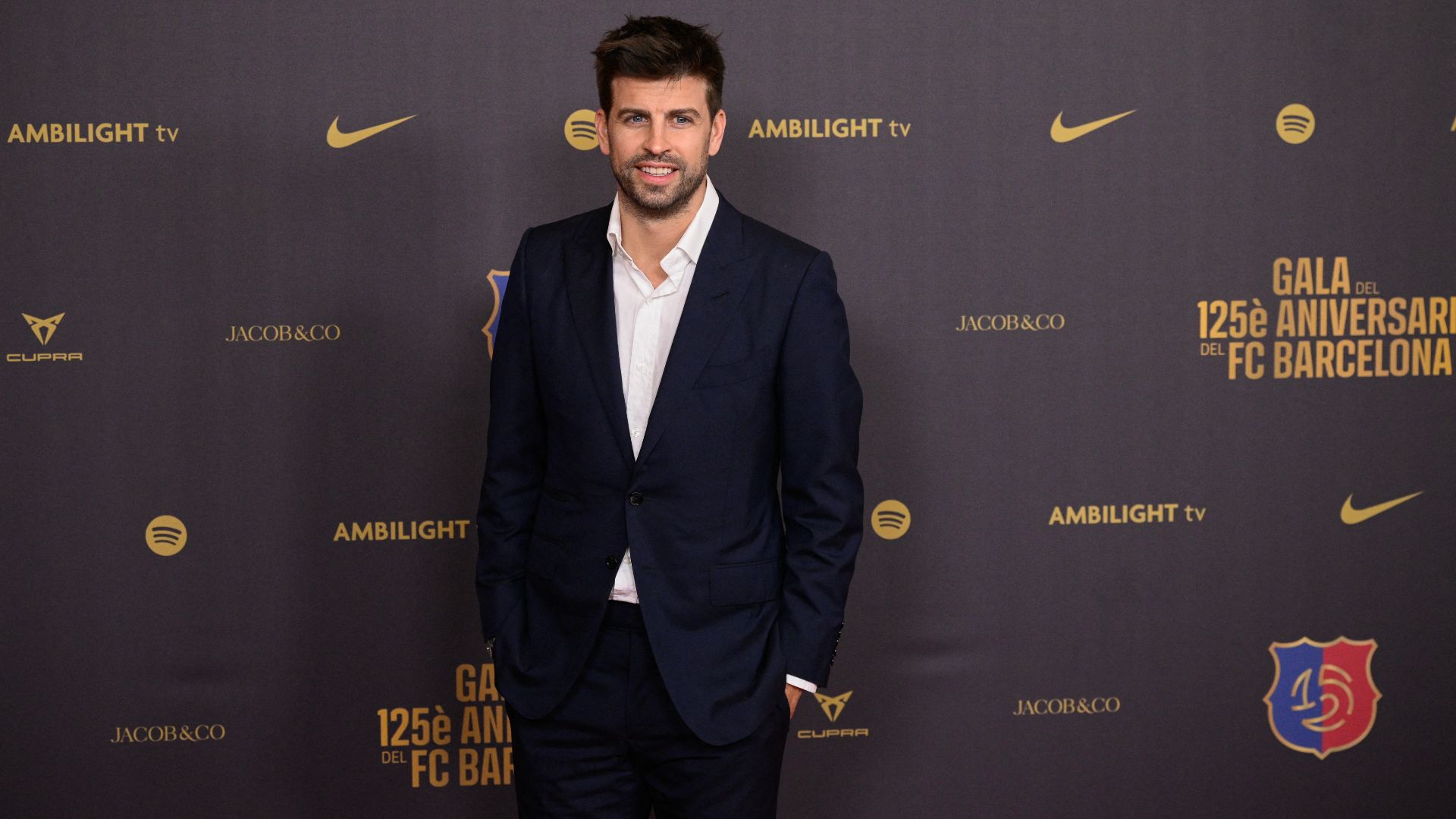


Gerard Pique’s Fiery Clash with Officials: A New Low in Andorra’s Turbulent Season
In a shocking display of frustration, Gerard Pique, the former Barcelona star and owner of Andorra, found himself at the center of heated post-match drama following his team’s narrow defeat in the Segunda Division. This incident underscores the mounting challenges facing the club, as off-field tensions threaten to overshadow their on-pitch efforts.
Overview of Andorra’s Recent Setback in Segunda Division
Andorra’s promising beginning to the league campaign hit a stumbling block with a tight 2-1 defeat against Leganes last weekend. Goals scored early in the second half by the opposing players Duk and Naim Garcia secured the win for the away side, while Gael Alonso’s late effort came far too late to change the outcome. Beyond the scoreline, the game drew significant spotlight due to off-field disturbances, as outlined in the referee’s formal account, involving Andorra’s personnel and their high-profile owner. This episode adds another layer to the club’s frequent spotlight for behavioral problems this year, intensifying the external examination of their operations.
Key Moments from the Referee’s Account
The match official, Saul Ais Reig, provided a thorough description of the events that unfolded. Andorra’s performance evaluator, Julian Ezequiel Pedernera Escurti, confronted the assistant referee after the final whistle, accusing them bluntly of lacking integrity. Shortly afterward, Pique allegedly appeared at the officials’ locker room, venting his anger with a strong statement: “This is a f*cking disgrace. Go ahead and note it in your records if you wish.”
Recurring Challenges for Andorra Under Pique’s Ownership
This confrontation isn’t a one-off event. Merely seven days earlier, Andorra faced a hefty €15,000 penalty stemming from major disruptions during their fixture against Mirandes. Pique, along with key figures like general manager Jaume Nogues and first-team director Carles Manso, played roles in the affair. Although penalties were issued to two participants, Pique escaped personal repercussions thanks to a provision in the RFEF Disciplinary Code that shields club proprietors from such measures.
Broader Impact on Club Dynamics and Perceptions
The repeated outbursts from the ex-World Cup champion and the persistent disciplinary lapses at Andorra carry significant ripple effects. These actions might alter how match officials approach games involving the team moving forward and could tarnish the club’s image among supporters and competitors alike. In the cutthroat environment of La Liga 2, where every point is crucial, ongoing disputes may prompt greater oversight from governing bodies.
Strategies for Andorra to Address Ongoing Issues
Even though Pique remains immune to direct penalties, the club must now prioritize improving internal protocols to avoid similar situations in the future. Enhancing dialogue among team members, authorities, and coaching staff will be essential, especially during intense encounters. On the field, Els Tricolors should concentrate on earning vital points to stay in the race, all while making sure that external distractions don’t undermine their seasonal goals.
The Incident: Unpacking Piqué’s Outburst
In the high-stakes world of professional football, emotions often run high, and Gerard Piqué’s recent outburst at a referee following his club’s league defeat has sparked widespread discussion. This incident highlights how quickly a moment of frustration can escalate into a major football controversy, potentially affecting a player’s reputation and team dynamics. Piqué, known for his defensive prowess and leadership at Barcelona, found himself in the spotlight not for his on-field performance, but for his heated reaction to what he perceived as unfair officiating.
What Led to the Outburst?
During the match, Piqué’s club suffered a narrow defeat that could have major implications for their league standing. Eyewitness accounts and match replays suggest that Piqué believed the referee made several contentious calls, including potential overlooked fouls and disputed offside decisions. His outburst occurred post-match, where he vocally criticized the referee’s judgment in front of cameras and fans, using strong language that quickly went viral on social media platforms. This type of football controversy isn’t uncommon, but for a seasoned player like Piqué, it raises questions about sportsmanship and emotional control under pressure.
Key factors contributing to such incidents include the intense pressure of competitive sports, where every decision can alter the outcome of a game. Piqué’s passion for the game has always been evident, but this event underscores how outburst in football can stem from accumulated frustration during a season filled with challenges like injuries, rivalries, and high expectations.
Potential Backlash for Piqué
The fallout from Piqué’s actions could be significant, with potential repercussions ranging from fines and suspensions to damage to his public image. Football governing bodies often take a strict stance on player conduct, especially when it involves disrespect toward officials, making backlash over referee incidents a real concern.
Fan Reactions and Social Media Storm
Social media has amplified the backlash, with fans and pundits debating Piqué’s behavior online. Hashtags like #PiquéOutburst and #FootballControversy have trended, showing a mix of support from loyal fans who see it as a defense of the team’s honor, and criticism from others who view it as poor sportsmanship. This division can lead to polarized opinions, potentially affecting merchandise sales and fan loyalty for Piqué’s club.
Impact on Career and Club Dynamics
Beyond immediate penalties, this incident might influence Piqué’s long-term career trajectory, especially as he transitions into post-playing roles like coaching or media. Clubs often prioritize players who exemplify professionalism, and an outburst like this could strain team morale or even lead to internal reviews. For Piqué’s club, the backlash might extend to their brand, as sponsors could reconsider partnerships if the controversy escalates.
Benefits of Maintaining Composure in Sports
Amid the drama, it’s worth exploring the advantages of staying composed during heated moments. Emotional control in football not only prevents potential backlash but also fosters a positive team environment and enhances a player’s legacy.
- Preserves Professional Reputation: Athletes who handle defeat gracefully often build lasting respect, leading to endorsement deals and leadership opportunities.
- Reduces Risk of Penalties: Avoiding outbursts can save players from suspensions, ensuring consistent participation in key matches.
- Improves Team Cohesion: When players model composure, it encourages teammates to focus on strategy rather than emotion, potentially boosting overall performance.
Practical Tips for Athletes to Handle Defeat
For athletes facing similar situations, implementing strategies to manage frustration can make a big difference. Here are some actionable tips to incorporate into training routines:
- Practice Mindfulness Techniques: Before and after games, use deep breathing or meditation to center yourself, helping to diffuse anger in the moment.
- Develop a Post-Match Routine: Establish habits like reviewing footage calmly with coaches to channel emotions productively, rather than reacting impulsively.
- Seek Feedback from Mentors: Regular discussions with experienced players or psychologists can provide insights on handling pressure, turning potential outbursts into learning experiences.
Case Studies: Similar Incidents in Football History
Looking at past examples can offer valuable lessons on how outburst in football have played out. For instance, when a high-profile player like Cristiano Ronaldo faced criticism for arguing with officials, it resulted in a brief ban but also fueled discussions on referee accountability. Another case involved a team captain whose heated exchange led to a fine, yet he used the opportunity to advocate for better video review systems, turning backlash into positive change.
These case studies illustrate that while immediate consequences are common, players can recover by addressing the issue publicly and demonstrating growth.
First-Hand Experiences from the Football World
Drawing from interviews with former players, many share how they’ve navigated similar emotional challenges. One retired defender recounted how learning to pause and reflect during tense games prevented career-damaging incidents, emphasizing that “every outburst is a missed chance to lead by example.” This insight underscores the human side of football, where personal growth often stems from handling controversy with maturity. Piqué’s situation could serve as a turning point, inspiring him to share his own experiences in the future, potentially educating younger athletes on the pitfalls of unchecked emotions.









